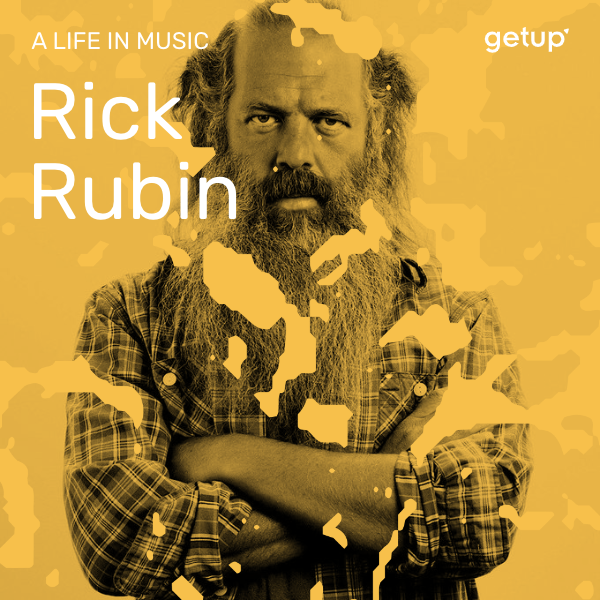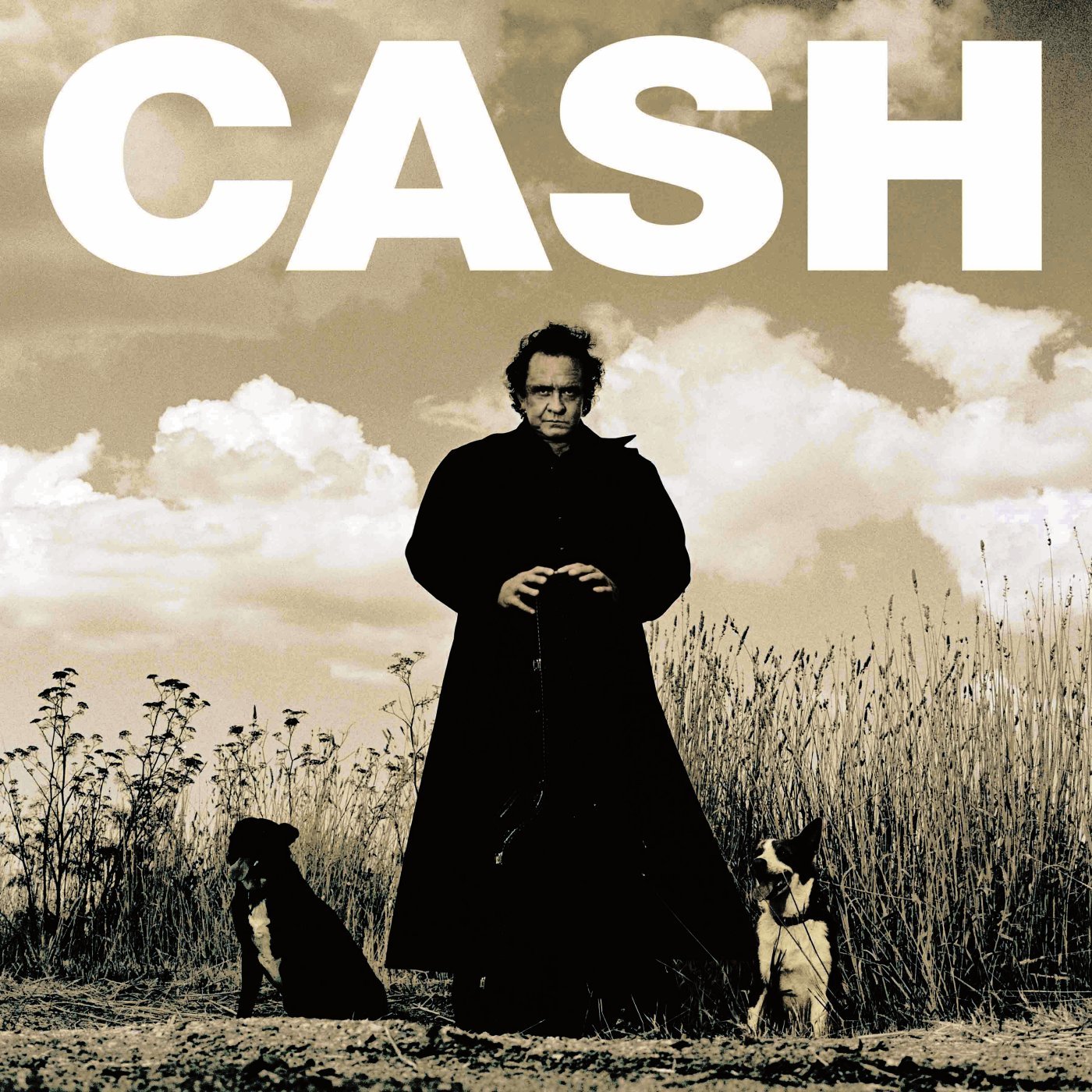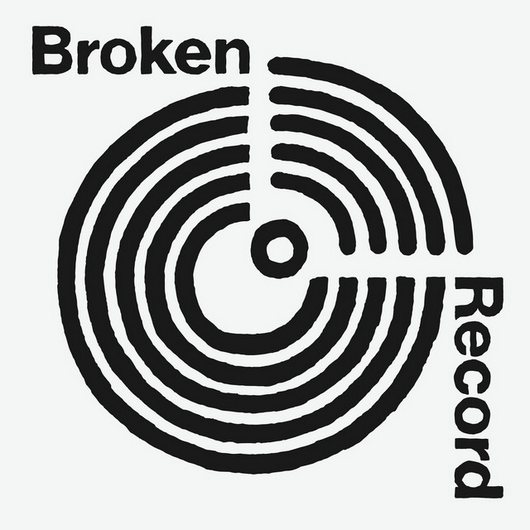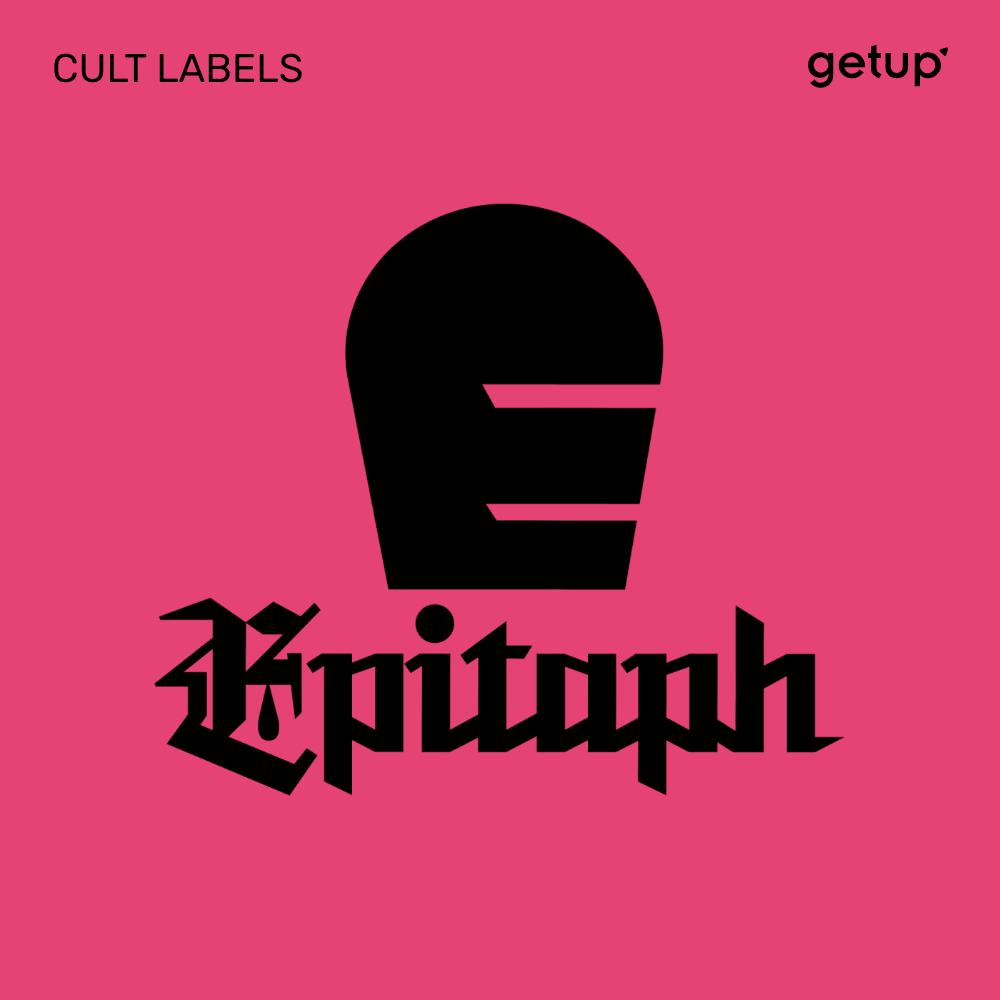It is not the producer themselves that cause us to become fans of their work. First, we are fans of artists, and then we prefer some of their albums to others, and then we realise that those we prefer were all produced by the same person. And here we decide that this wasn’t just a happy coincidence, and we become interested in the discography of the producer in question.
That's how I became a fan of Rick Rubin, when I realised that Slayer's Reign In Blood, AC/DC's Ballbreaker, the Beastie Boys' Licensed to Ill, and Johnny Cash's American Recordings had all been recorded by the same someone. I found, in the career of the awesome and bearded New Yorker, the confirmation of a philosophy of music that I was already sensing bit by bit throughout my musical discoveries: no matter the style, no matter the universe, and no matter the training, all that matters is to make a sincere and authentic album, the best possible album at the time of recording.
Rubin began as a music lover, and set up his label Def Jam in 1984 (which would become Def American, then American Recordings) with the idea of producing new artists. He had a crucial role in the beginnings of hip hop, as he worked very closely with the Beastie Boys, Public Enemy, and Run DMC, three of the pioneers of the style whom he helped during their search for a new sound.
His first stroke of genius was mixing hip hop with hard rock through Run DMC's single with Aerosmith, ‘Walk This Way’. It was both a way for Run DMC’s hip hop to reach a new white audience, and a way for Aerosmith to regain credibility after some years in the wilderness.
Therefore, Rubin's discography can be read along two main lines: on the one hand, the groups he helped in their invention of a new hybrid style (Slayer, Red Hot Chili Peppers, System of a Down) and on the other, the artists who would use his services to save them during a phase of their career where few fans would have bet on them. He signed Johnny Cash to his label in 1994 and produced his last albums, these twilight jems, at a time when Cash was seen as something of a notorious has-been. He was followed by AC/DC, Neil Diamond, ZZ Top, Black Sabbath, and Eminem, all looking to breathe new life into their careers.
And then there were the artists tackling both issues at the same time, those who wanted to reinvent themselves, having experienced difficulties in their previous bands, like Audioslave (a mix of the rhythm section of Rage Against The Machine with the singer of Soundgarden), Mars Volta (put together by ex-members of At The Drive In) and more recently Billy Corgan (ex-future or future-ex member of Smashing Pumpkins), each time allowing these artists to reach a new stage of their career.
Even in cases where he’s contributed to albums by artists as popular as Adele or Kanye West, Rubin has never hesitated in forcing these established musicians out of their comfort zone, with very surprising results. Rubin understood that the role of a producer is not to impose one’s own style, but to push those with whom one works to give the best of themselves.


.png)





